The #MeToo movement is considered to be one of the biggest internet uprisings of the 21st century. It was on October 15, 2017, that the #MeToo movement gained unprecedented global attention on social media.
On this day in 1917, notorious exotic dancer and alleged spy Mata Hari was executed by a French firing squad in Vincennes, France.
Here is all that took place on this day across the world.
#MeToo went viral
The #MeToo movement gained unprecedented global attention as survivors of sexual harassment and assault began sharing their stories on social media on October 15, 2017. Founded originally by activist Tarana Burke in 2006 to support survivors of sexual violence, the movement found a powerful new voice online, rapidly spreading across platforms such as Twitter, Facebook, and Instagram.
The hashtag #MeToo became a rallying cry, exposing the scale of harassment in industries ranging from entertainment and politics to business and academia. Millions of women as well as men, around the world shared their experiences, highlighting systemic abuse, workplace misconduct, and cultural taboos that had long silenced victims. The movement shed light on powerful figures who had exploited their positions, prompting widespread investigations, resignations, and legal actions.
In Hollywood, #MeToo helped fuel the fall of high-profile figures accused of sexual misconduct, while inspiring similar movements in other countries. India saw the rise of the #MeTooIndia campaign, with employees from media, corporate, and academic sectors courageously speaking out against harassment. In countries like the United States, the United Kingdom, Canada, and beyond, the viral nature of #MeToo sparked conversations about consent, workplace ethics, and the importance of believing survivors.
The movement also encouraged institutional change, with organisations reviewing policies, implementing training programs, and strengthening reporting mechanisms to prevent harassment. Beyond the immediate effects, #MeToo sparked a cultural shift: survivors reclaimed their voices, solidarity networks expanded, and public awareness about sexual violence reached unprecedented levels.
Mata Hari was executed
Mata Hari, the notorious exotic dancer and alleged spy, was executed by a French firing squad in Vincennes, France, on this day in 1917. Born Margaretha Geertruida Zelle in the Netherlands in 1876, she adopted the stage name Mata Hari, which means the “Eye of the Day” in Malay, and became famous across Europe for her seductive dances and flamboyant persona. Her performances in Parisian theatres and high-society gatherings made her a celebrated yet controversial figure, captivating audiences with her exotic costumes and daring routines.
During World War I, France and Germany were engaged in intense espionage campaigns. Mata Hari was accused of acting as a double agent, allegedly passing military secrets to Germany while living in France. French authorities arrested her in February 1917, charging her with espionage and treason. The trial, which was held in secrecy, was heavily influenced by wartime paranoia, sensationalised media coverage, and public fascination with her reputation as a femme fatale. Evidence against her was largely circumstantial, including intercepted letters, contacts with German officials, and testimony from intelligence sources, but no definitive proof of espionage was produced.
Despite her claims of innocence, Mata Hari was found guilty and sentenced to death. On the morning of October 15, she faced the firing squad calmly, reportedly refusing a blindfold and meeting her fate with composure. Her execution was intended as a deterrent for spies and a demonstration of wartime justice, but it also solidified her status as a legendary and enigmatic figure.
Impact Shorts
More ShortsMata Hari’s life and death have since inspired books, films, and artistic interpretations, blending myth and reality. Historians continue to debate whether she was truly a cunning spy or a scapegoat sacrificed by wartime hysteria.
This Day, That Year
On this day in 1993, Nelson Mandela and FW de Klerk were named the recipients of the Nobel Peace Prize.
Chinese communists began the Long March and the emergence of Mao Zedong as the undisputed leader of the Chinese Communist Party.
Queen Victoria proposed to her cousin, Prince Albert.
With inputs from agencies


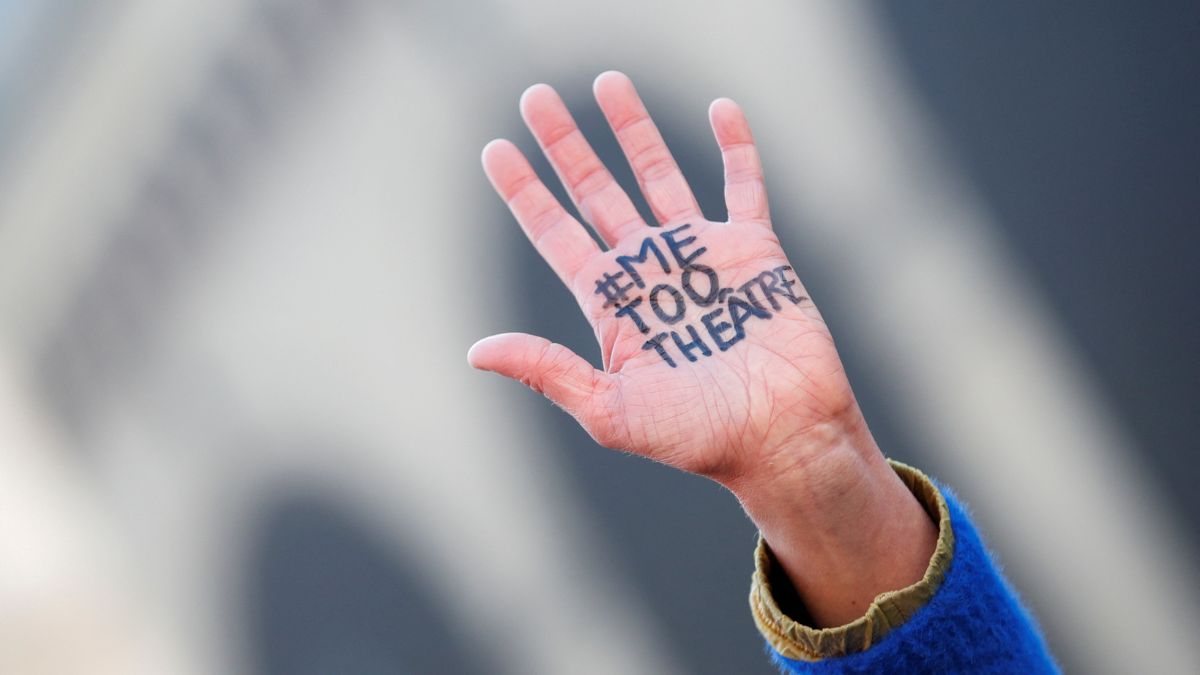)
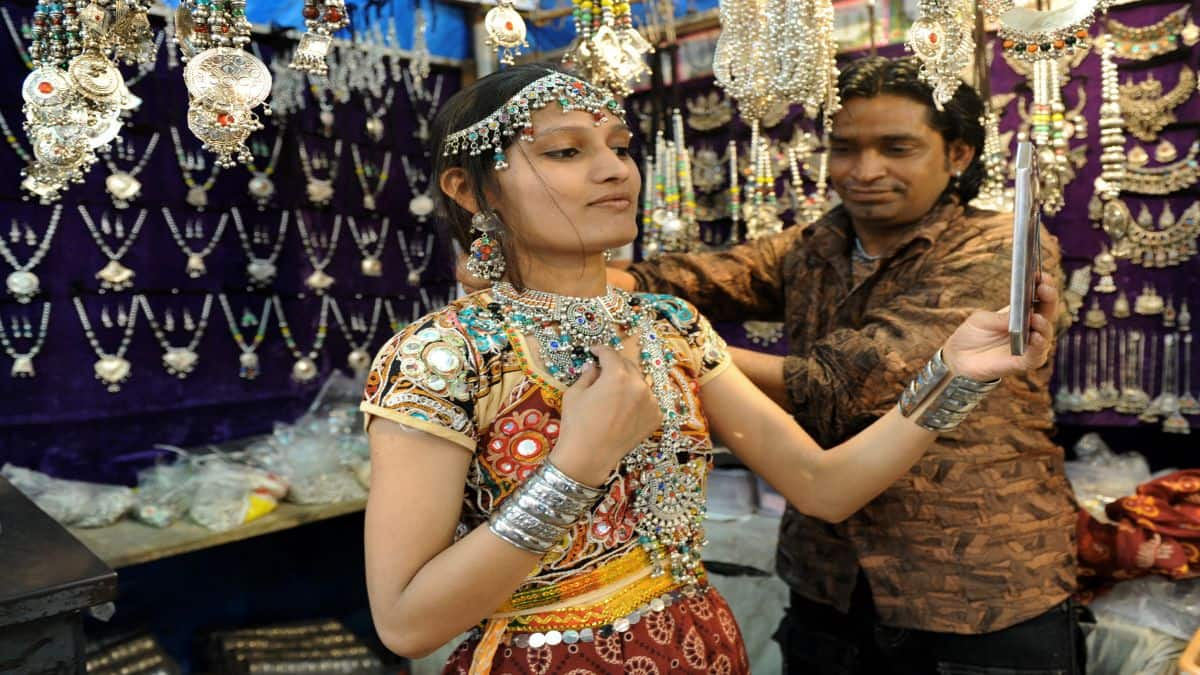
)
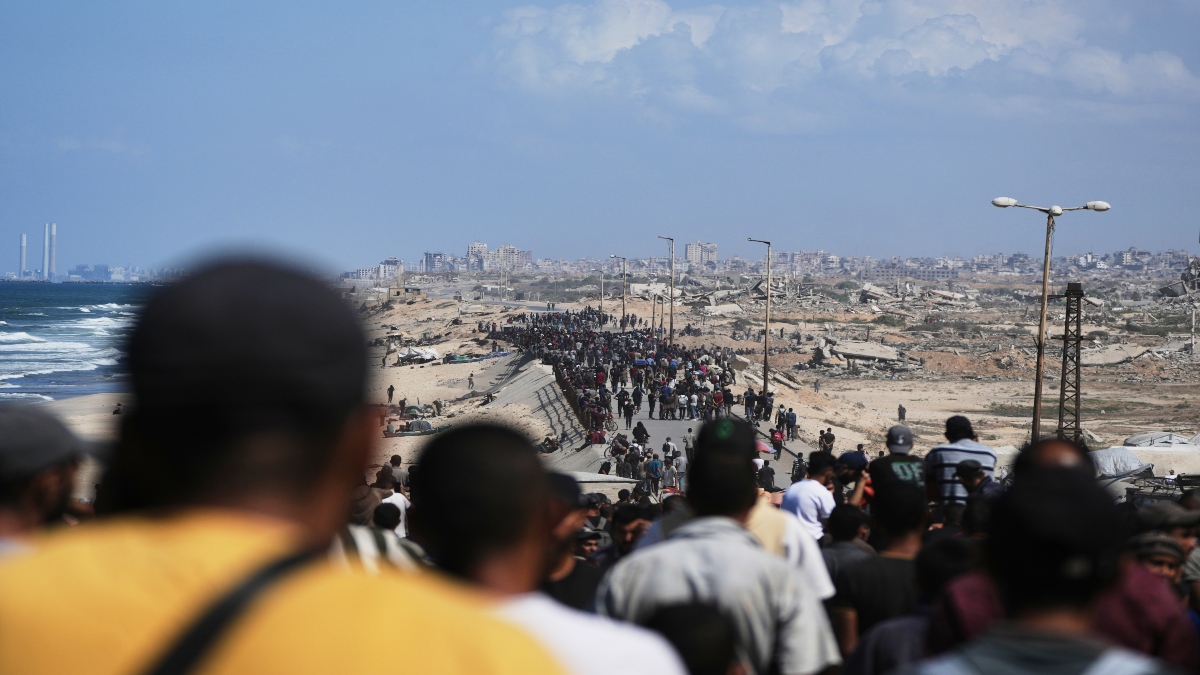)
)
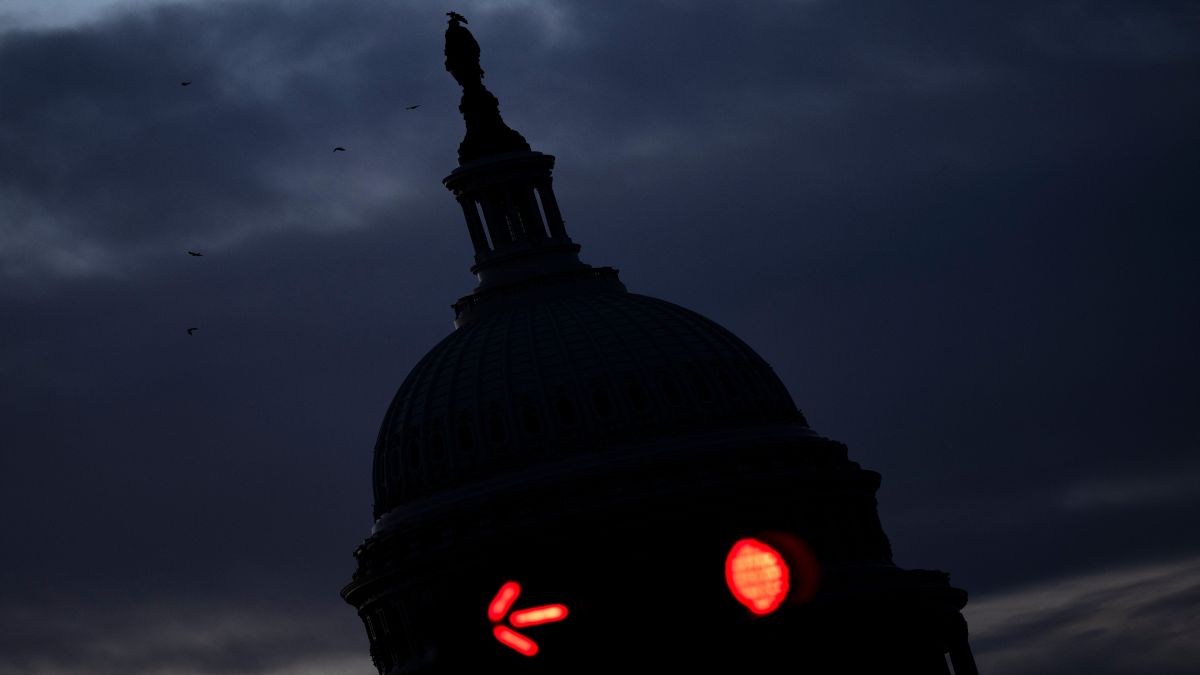)
)
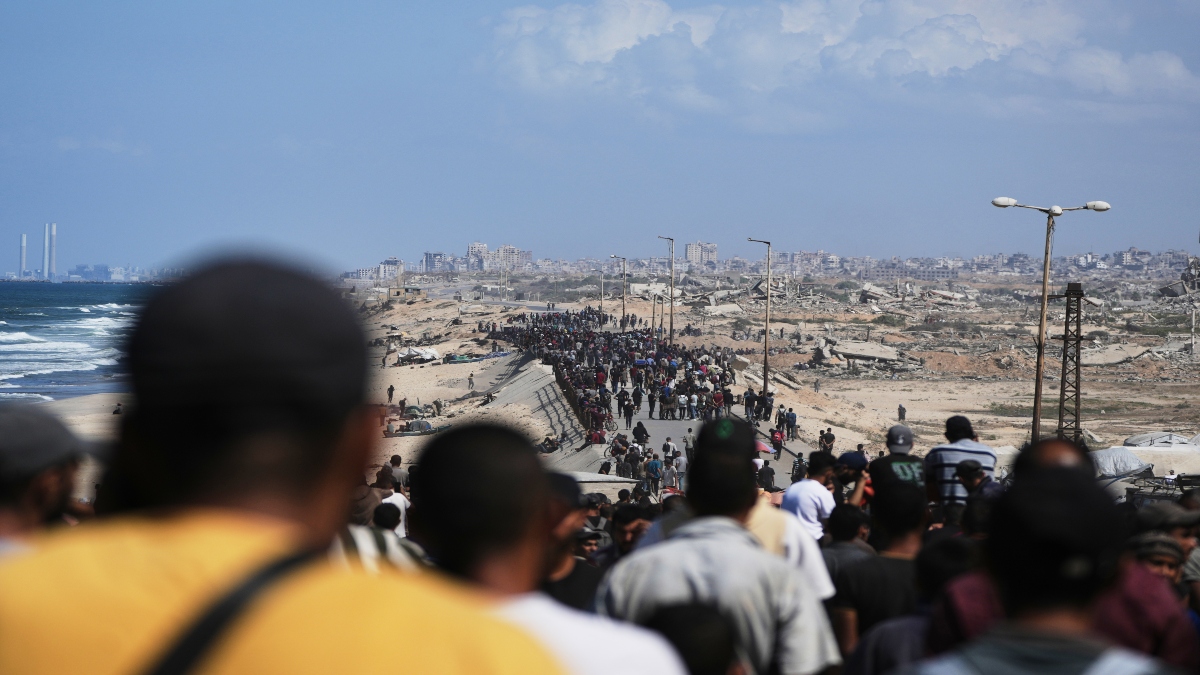)
)
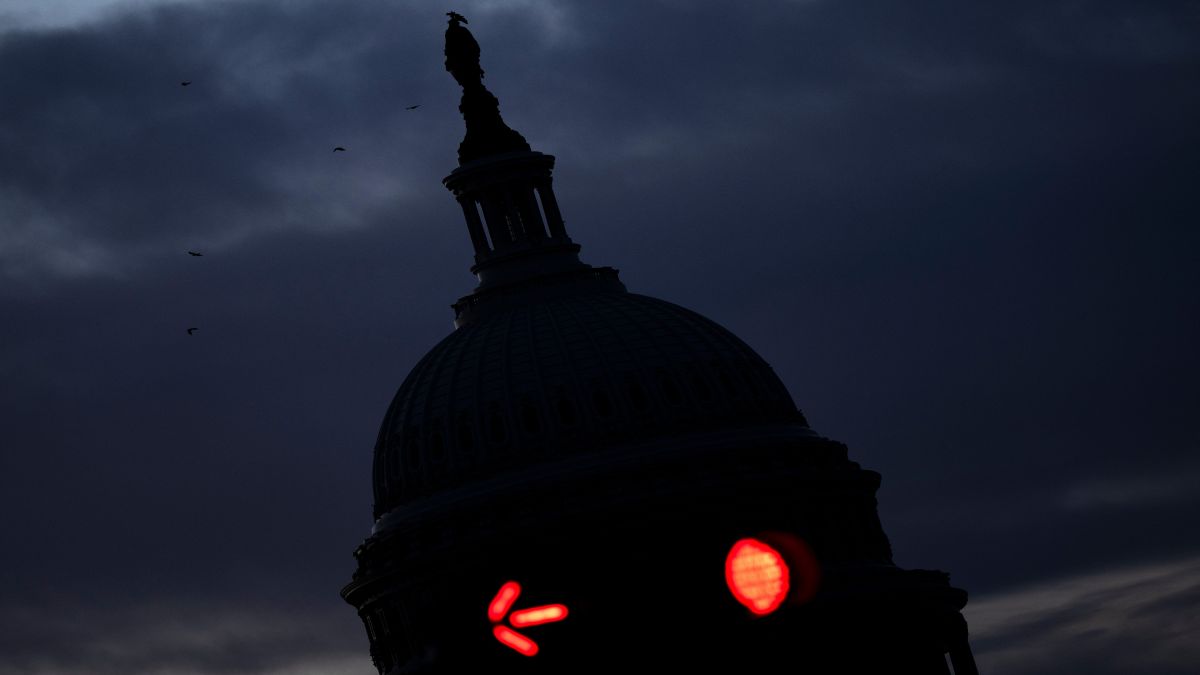)



